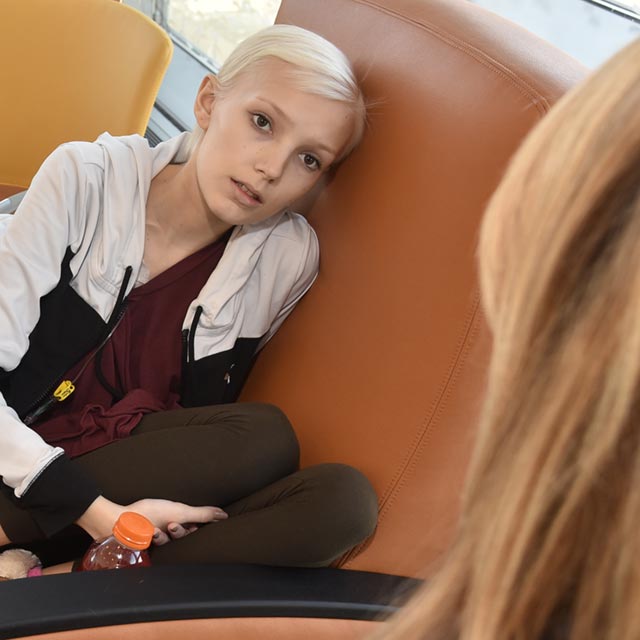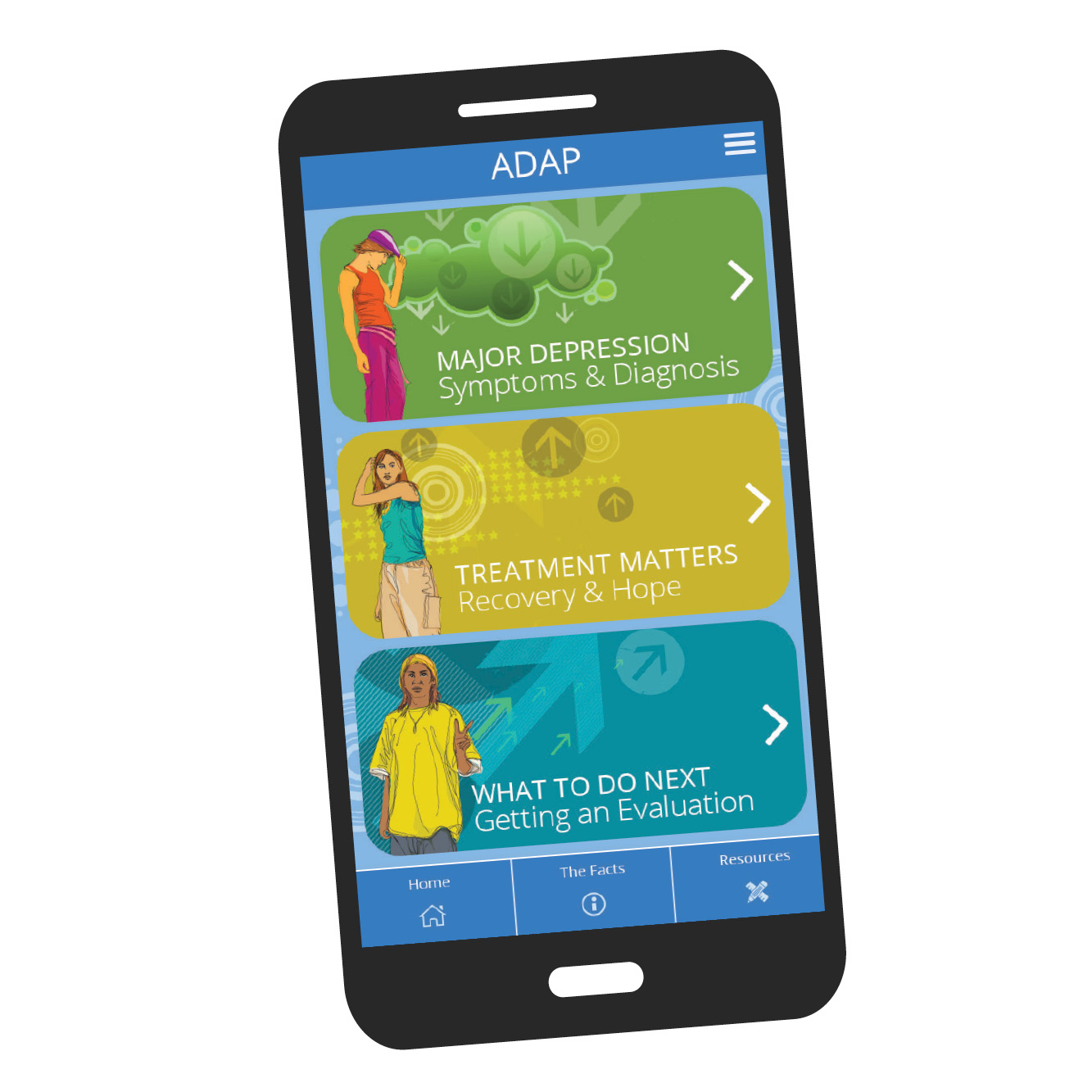Born with two failing kidneys, Brandon Dulany has known pediatric kidney doctor Alicia Neu and transplant nurse Rene Shumate his whole life.
The Johns Hopkins clinicians cared for him as one of his kidneys atrophied while he was still a toddler and the other slowly died. They oversaw the transplant, when he was 12, of a kidney donated by his father.
After the operation, Dulany visited every six months for checkups, usually with his mom and sometimes his dad, too. Each time, he was reminded to take his antirejection medications at the exact same time every day and avoid contact sports.
Two years ago, when Dulany turned 21, he switched to adult nephrologist Nada Alachkar. “I was sad to leave the doctor who kept me alive my whole life,” says Dulany, who works for the Department of Defense and lives in Eldersburg with his fiancée. “But it really wasn’t a big change for me.”
He was ready to transfer to adult care, thanks to a transition program developed in 2006 by pediatric nephrologist Meredith Atkinson and Shumate, as well as other division members.
Starting at age 13, patients in the kidney transition program learn about their disease and how to manage it. “We go over scenarios with them,” says Atkinson. “For example, what if they throw up their pills? They write down what they would do, and we go over it.”
It’s one of the several formal and informal transition programs created at Johns Hopkins to help patients adjust to adult care. The reason is a happy one: More children with serious illnesses are living into adulthood.
Patients in the various transition programs are encouraged to ask questions about topics that are starting to become important to them, like sexuality, genetic risks and fertility. When they turn 17, they walk through the process of creating advance directives and selecting people to make decisions about their health if they can’t.
The transfer to adult providers typically occurs when patients are between 18 and 21, a time when young people may be leaving high school and heading off to college and jobs. "Like all teenagers, they don't want to be different from their peers,” says Atkinson. Temptations are strong to neglect their care, for example by skipping medications or indulging in a game of tackle football on the campus green.
Parents need guidance as well. Many have built their lives around advocating for the health of their child and can have a hard time letting go of that role. To nudge teens toward independence, doctors prefer to treat them without parents in the exam room.
“The strongest predictor of a young adult getting good follow-up care is their coming to an appointment without the parent along,” says pediatric cardiologist Jane Crosson, who specializes in congenital heart diseases. “At some point in adolescence, they need to start learning about their heart disease and taking a role in their health care.”
That’s true even for patients who stick with their pediatricians into adulthood, which happens sometimes because few adult doctors have the training and experience for their particular condition. “We do a lot of education even if they don’t transfer out of our care,” says Crosson, who is certified in adult congenital heart disease, a subspecialty created by the American Board of Internal Medicine in 2015.


